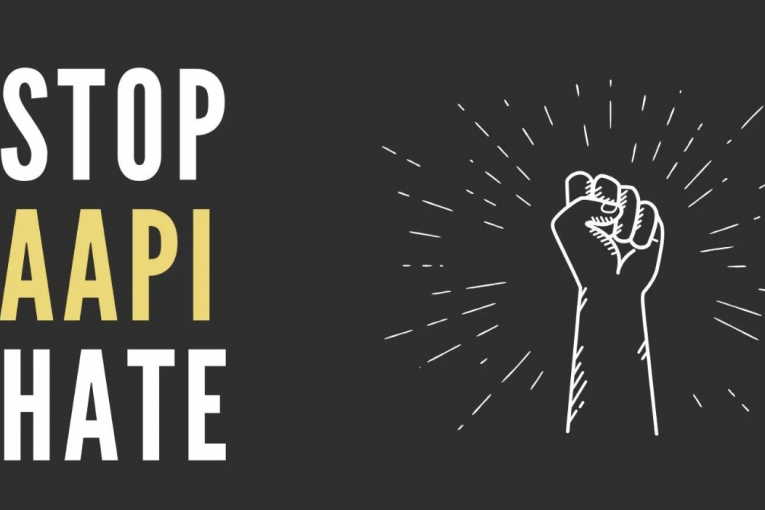

By Angelina Sang
SAN FRANCISCO, CA – “Stop AAPI Hate” released a new report on Asian American and Pacific Islander hate statistics gathered over the last two years, analyzing the surge in hate against Asian American and Pacific Islanders during the Covid-19 pandemic.
In response to this surge of hate against AAPI communities during the pandemic, the Chinese for Affirmative Action, AAPI Equity Alliance, and San Francisco State University’s Asian American Studies Department created the Stop AAPI Hate reporting center on March 19, 2020.
The report released this week presents the statistics and stories of AAPI members’ struggles over the pandemic.
The 17-page report, titled “Two Years and Thousands of Voices: What Community-Generated Data Tells Us About Anti-AAPI Hate,” details nearly 11,500 hate incidents reported to the AAPI between March 19, 2020 and March 31, 2022 as well as findings from a 2021 national survey Stop AAPI Hate performed in partnership with Edelman Data &Intelligence. 
Key findings of Two Years and Thousands of Voices include:
- Non-criminal incidents comprise the vast majority of the harmful hate incidents that AAPI community members experience.
- Harassment is a major problem. Two in three (67 percent) of nearly 11,500 incidents involved harassment, such as verbal or written hate speech or inappropriate gestures.
- AAPI individuals who are also female, non-binary, LGBTQ+, and/or elderly experience hate incidents that target them for more than one of their identities at once.
- One in three (32 percent) parents who participated in the Stop AAPI Hate/Edelman Data & Intelligence survey were concerned about their child being a victim of anti-AAPI hate or discrimination in unsupervised spaces and on the way to school.
- Hate happens everywhere — in both large cities and small towns, in AAPI enclaves and in places where AAPI communities are few and far between.
“Our self-reported data shows that if you’re only watching the news, you aren’t getting the full picture of what AAPIs are experiencing,” said Russell Jeung, Ph.D., co-founder of Stop AAPI Hate and professor of Asian American Studies at San Francisco State University.
Jeung added, “AAPIs are verbally harassed in grocery stores and shops, on the street and on public transit. We have a right to be treated with dignity and respect.”
The report also posits its own solutions for hate incidents, as the majority of the reported hate incidents are not technically criminal under the U.S. legal system and therefore require solutions outside of the criminal justice system.
“Even as people move on past the COVID-19 pandemic, AAPIs continue to be harassed because of their race,” said Manjusha Kulkarni, co-founder of Stop AAPI Hate and executive director of AAPI Equity Alliance, adding, “The AAPI community is tired of being afraid. We want solutions that actually make a difference and focus on prevention.”
Such solutions, Kulkarni added, should address the systemic root causes of hate against AAPI communities.
The report displays that increased education, community-based solutions, civil rights legislation and enforcement, and increased law enforcement were among the most effective methods of reducing anti-AAPI hate, according to the Stop AAPI Hate’s data.
The full report, as well as information on Stop AAPI Hate and how to report an anti-AAPI hate incident, is available on Stop AAPI Hate’s website https://stopaapihate.org/.